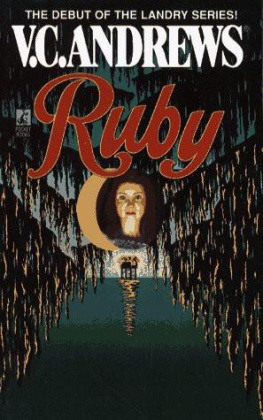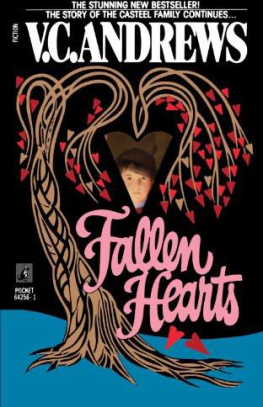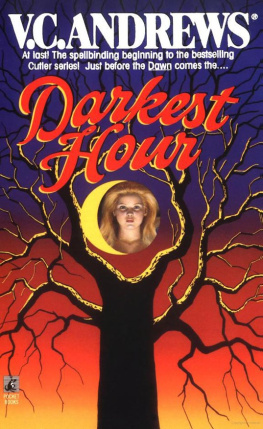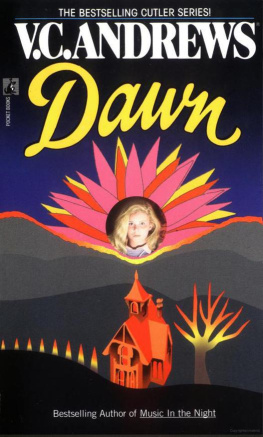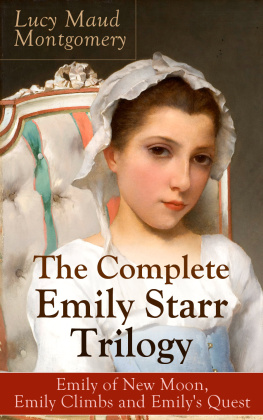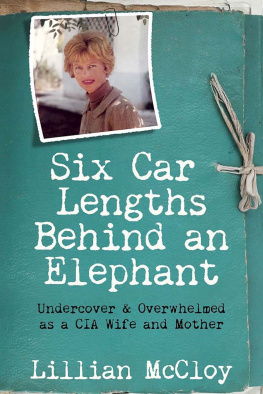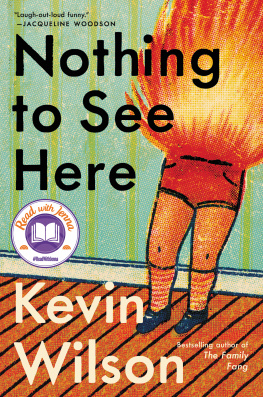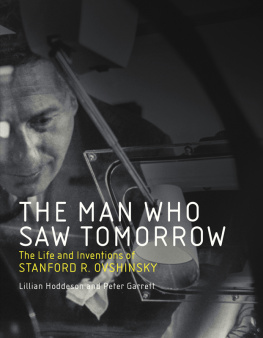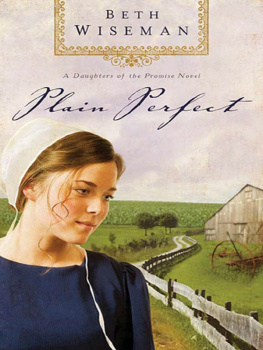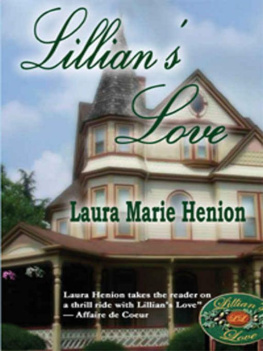SISTERS
When I was very young, I thought we were royalty. We seemed to live just like the princes and princesses, the kings and queens in the fairy tales my mother loved to read to me and my younger sister, Eugenia, who would sit perfectly still, her eyes as wide and as filled with awe as mine, even though at two she was already quite sickly. Our older sister, Emily, never liked to be read to and chose instead to spend most of her time by herself
Just like the regal men and women who pranced over the pages of the books in our library, we lived in a big, beautiful house with acres and acres of prime Virginia tobacco farmland and beautiful forests. We had a long, wide, rolling front lawn that grew thick with clover and Bermuda grass and on which there were white marble fountains, small rock gardens, and decorative iron benches. On summer days, the wisteria tumbled over the verandas and joined with the pink crepe myrtle bushes and the white-blossomed magnolias that surrounded the house.
Our plantation estate was called The Meadows and no visitor, old or new, came up the long gravel driveway without remarking about the splendor of our home, for in those days Papa had an almost religious devotion to its upkeep. Somehow, maybe because of its location deep enough off the road that passed by, The Meadows escaped the destruction and plunder so many southern plantations experienced during the Civil War. No Yankee soldiers ground their heels into our fine wood floors or filled their sacks with our valuable antiques. Grandfather Booth was convinced the plantation had been spared just to demonstrate how special The Meadows was. Papa inherited that devotion to our grand home and vowed that his last dollar would go toward maintaining its beauty.
Papa also inherited our grandfather's rank. Our grandfather had been a captain in General Lee's cavalryit was as good as being knighted and made us all feel regal. Even though Papa was never really in the army, he always referred to himself, and had others refer to him, as Captain Booth.
And so, just like royalty, we had dozens of servants and laborers ready to move at our beck and call. Of course, my favorite servants were Louella, our cook whose mamma had been a slave on the Wilkes plantation not twenty miles south of our home, and Henry, whose daddy, also once a slave, had fought and died in the Civil War. He fought on the side of the Confederacy because "he thought loyalty to his master was more important than freedom for himself," as Henry put it.
I also thought we were royalty because we had so many fine and rich things in our mansion: vases of shining silver and gold, statues from places all over Europe, fine hand-painted knickknacks, and ivory figures that came from the Orient and India. Crystal prisms dangled from lampshades, from wall sconces, from chandeliers catching colors, refracting rainbows that flashed like lightning whenever sunlight managed to steal through the lace curtains. We ate on hand-painted china, used sterling silver dinnerware, and had our food served on sterling silver platters.
Our furniture had many styles, all of them fancy. It seemed each of the rooms was in competition, trying to outdo each other. Mamma's reading room was the brightest with its light blue satin curtains and its soft carpet imported from Persia. Who wouldn't feel like royalty on Mamma's purple velvet lounging chaise with the gold cording? Sprawled elegantly on that chaise in the early evenings, Mamma would put on her mother-of-pearl framed glasses and read her romance novels, even though Papa ranted and raved about it, claiming she was poisoning her mind with polluted words and sinful thoughts. Consequently, Papa rarely set foot in her reading room. If he wanted her, he would send one of the servants or Emily to fetch her.
Papa's office was so wide and so long that even hea man who stood six feet three in his bare feet, who had wide, powerful shoulders and long, muscular armslooked lost behind his oversized dark oak desk. Whenever I went in there, the heavy furniture rose up at me in the half-light, especially the high-backed chairs with deep seats and wide arms. Portraits of Papa's father and his grandfather stood over him, glaring out from large dark frames as he worked in the glow of his desk lamp, his hair in a riot of soft curls over his forehead.


